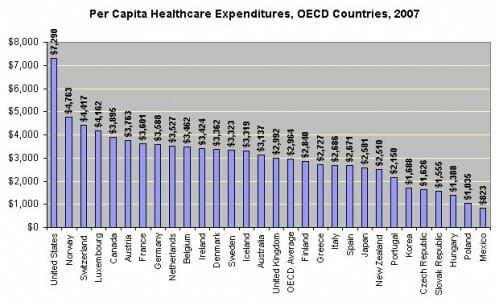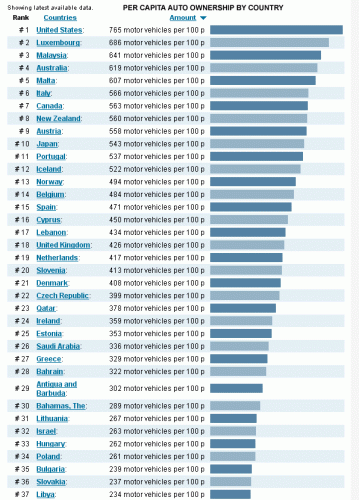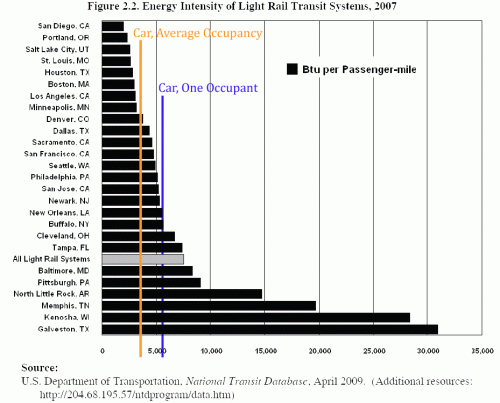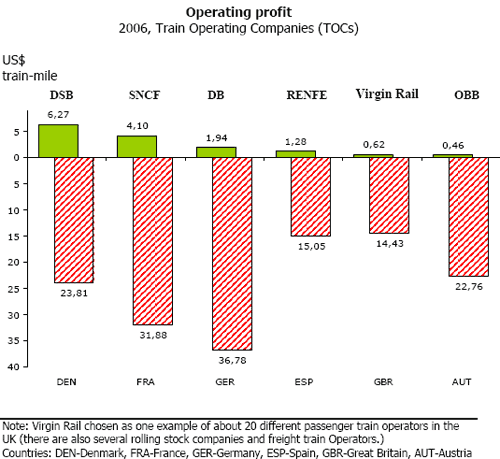Fannie & Freddie Officially Declared Bottomless Pits. GMAC Not Far Behind
While private banks are paying back their TARP money, Fannie and Freddie have been given a new blank check:
It's a favorite government trick to announce bad news on a Friday afternoon, so it appears in Saturday's paper, the least likely edition to be read. By Sunday and Monday, it's old news. The Obama Treasury just went one better, announcing on Christmas Eve that they were uncapping the amount they believe will have to be invested in Fannie and Freddie. The Bush Treasury first estimated the government-sponsored enterprises' (GSEs) losses at $100 billion each. The Obama administration, which has been using the GSEs to stabilize the housing market by reducing their underwriting standards, upped the ante to $200 billion each. Now the administration has thrown in the towel completely, and dropped a large lump of coal in each taxpayer's stocking"â€it won't even try to estimate the total losses of Fannie and Freddie.
For extra special bonus style points, Fannie and Freddie executives will apparently receive multi-million dollar pay packages that the pay czar will be denying to many private banks.
But even as the administration was making this open-ended financial commitment, Fannie Mae and Freddie Mac disclosed that they had received approval from their federal regulator to pay $42 million in Wall Street-style compensation packages to 12 top executives for 2009.
In other news, the Feds are also propping up another quasi-governmental agency with more cash
GMAC, the ailing financing arm of General Motors, is set to receive around $3.5 billion in government aid, ABC News has learned. The funds would be the third infusion of federal support for the troubled lender.
The latest government aid would bring the total federal assistance for GMAC to $16 billion when combined with the $12.5 billion that the lender has already received dating back to December 2008. Due to its prior cash infusions, the government already owns 35 percent of GMAC.
GMAC continues to lose money because every time it gets more taxpayer money, it starts offering zero percent financing deals.
Immediately after GMAC became eligible for TARP money, GM reduced to zero the interest rate"¦ on certain models. This, of course, penalizes GM competitors, including Toyota, Honda and other "transplants" whose cars are made in America by Americans for Americans, and Ford, which does not have the freedom of maneuver conferred by TARP money because Ford is not taking any"¦
GMAC has begun making loans to borrowers with credit scores as low as 621, a significant relaxation of the 700 minimum score the company adopted just three months ago as it struggled to survive. America's median credit score is 723"¦
This perhaps might explain why GM, unlike other banks with low stress-test scores, was unable to get any private capital. Because lenders know GMAC will just hand the money over to car buyers with little prospect for getting any value back in return. Incentives for GMAC to take losses to sell cars, always an issue under GM's private management, will only increase as the Administration looks to create some evidence - any evidence - that their GM investment isn't a total dog. Witness $3 billion in cash for clunkers funds that went to buy $1 billion of used vehicles.
Postscript: Related news, the 10 most ridiculous uses of stimulus funds. Seems like there would be a lot of competition for this award.




 Postscript: I have always been amazed that greens get all misty-eyed at European rail. Sure, its cool to ride a fast train, but the cost of having an extensive passenger rail system is that most of Europe's freight pounds along highways, rather than via rail. In the US, the mix is opposite, with few passengers on trains but much more of our freight moving by rail. I would have thought that preferentially moving freight over rail rather than passengers was a much greener approach.
Postscript: I have always been amazed that greens get all misty-eyed at European rail. Sure, its cool to ride a fast train, but the cost of having an extensive passenger rail system is that most of Europe's freight pounds along highways, rather than via rail. In the US, the mix is opposite, with few passengers on trains but much more of our freight moving by rail. I would have thought that preferentially moving freight over rail rather than passengers was a much greener approach.